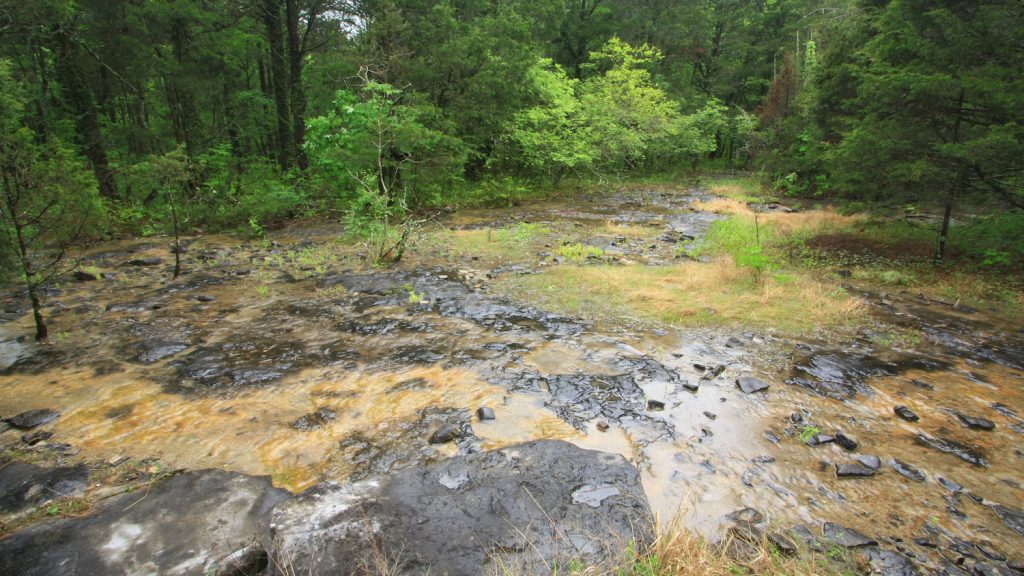Assessing Climate-Sensitive Ecosystems in the Southeastern United States

Principal Investigator(s): Dr. Jaime Collazo, USGS NC Cooperative Fish and Wildlife and Dr. William J. Wolfe, USGS Tennessee Water Science Center
Funding: $100,000
Project Completion: December 2013. This project has now been completed.
Implements Science Theme: 1 and 2
Overview
The southeastern U.S. contains a unique biodiversity of ecosystems that provide important benefits, including habitat for wildlife and plants, water quality and recreation opportunities. As climate changes, a better understanding of how our ecosystems will be affected is vital for identifying strategies to protect these ecosystems. We assessed climate change vulnerability for twelve ecosystems in the southeastern U.S. and Caribbean. We synthesized data and literature related to three components of vulnerability: climate sensitivity, climate change exposure, and adaptive capacity. We also summarized all information into a qualitative vulnerability rating for each ecosystem. Based on the available information, we identified critical management actions for reducing the vulnerability of each ecosystem. Next, for two of the twelve ecosystems, we used NatureServe’s Habitat Climate Change Vulnerability Index (HCCVI) framework as an alternative approach for assessing vulnerability. Using the HCCVI, we developed a numeric vulnerability rating for the two ecosystems. Of the twelve ecosystems we assessed in the first approach, five were rated as having high vulnerability, six had moderate vulnerability, and one had low vulnerability. For the two ecosystems we assessed with both approaches, vulnerability ratings generally agreed. Important conservation strategies we identified to reduce vulnerability and improve adaptive capacity for the ecosystems included maintaining connectivity, restoring or maintaining disturbance processes, and minimizing the effects of urbanization. This synthesis of this information for key ecosystems across the entire Southeast and Caribbean will enable regional decision–makers to prioritize current efforts and plan future research and monitoring for conservation of these important ecosystems.
More Information
Reports
- USGS Press Release
- Assessing climate-sensitive ecosystems in the southeastern United States
- Insular ecosystems of the southeastern United States: a regional synthesis to support biodiversity conservation in a changing climate
Media Coverage
- ClimateWire: http://www.eenews.net/climatewire/stories/1060041586
- Yubanet: http://yubanet.com/enviro/ecosystems-in-the-southeastern-u-s-are-vulnerable-to-climate-change/
- Eureka Alert: http://www.eurekalert.org/pub_releases/2016-08/ugs-eit081116.php
- Ecological Society of America Policy News: http://www.esa.org/esablog/ecology-in-policy/august-24-2016-2/
